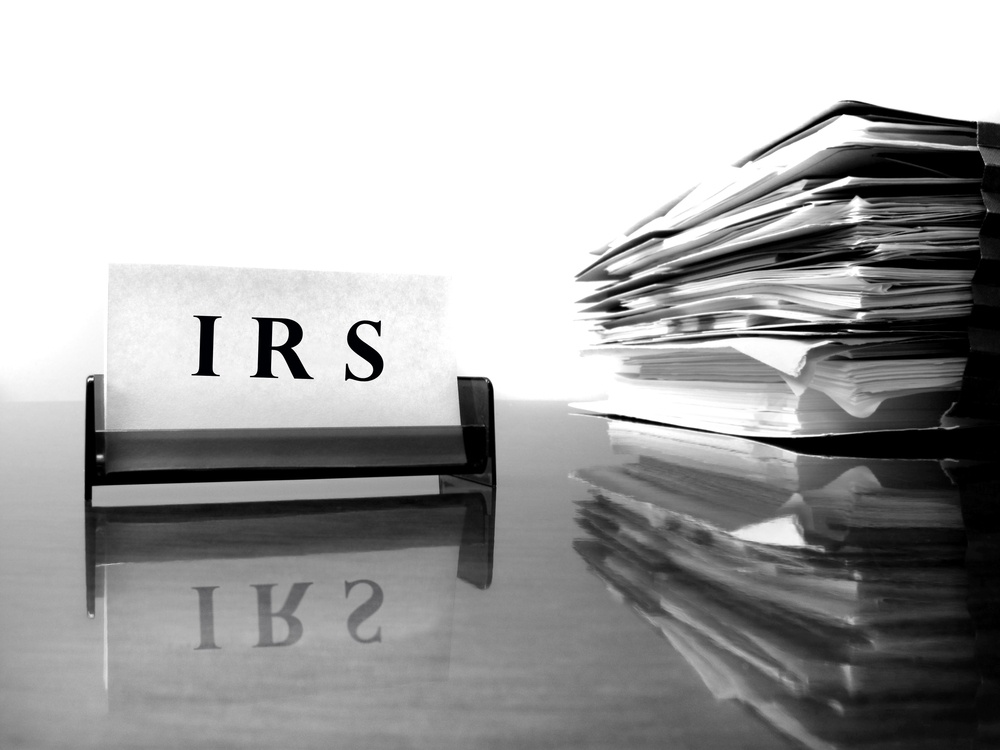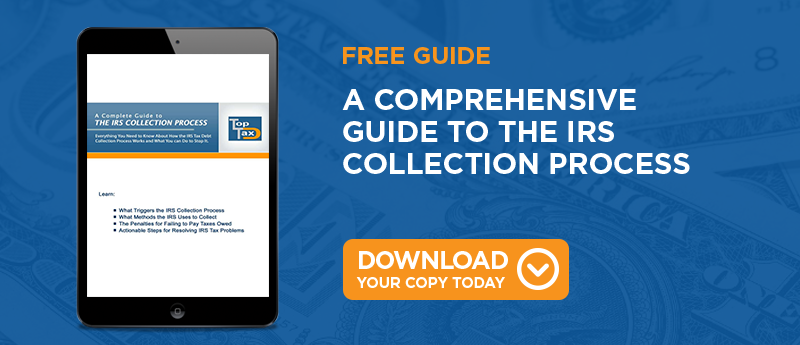
Most taxpayers, who have to contact the Internal Revenue Service, speak with IRS revenue agents. However, if you're facing a delinquent income tax bill, you may have to talk with an IRS revenue officer. These professionals have more authority than revenue agents, but there are limits on what they can do. Here's a look at what IRS revenue officers are and what collections tactics they can legally do.
What is an IRS Revenue Officer?
An IRS revenue officer is a specially trained IRS agent that has authority to take collection action. Unlike a common IRS agent, revenue officers have received special instruction about the agency's power to collect taxes in any way possible. This gives them the authority to contact taxpayers in any means, including calling on the phone, visiting at home, or making visits at their workplaces. Revenue officers may also issue written notices instructing taxpayers to appear at hearings or meetings.
When Do IRS Revenue Officers Get Involved?
Most taxpayers do not speak with IRS revenue officers. These collectors are only called when a case involves extreme tax negligence. This might include a situation where a taxpayer fails to pay back taxes for an extended period of if the person has an unusually large amount of tax debt owed to the IRS. Those who have a record of not filing tax returns or paying their debts may also have to talk to an IRS revenue officer.
How to Deal with an IRS Revenue Officer
If you receive a notice or a phone call from an IRS revenue officer, don't panic. While they have the authority to pursue collection, they do not have the power to request an audit or examine your finances. They also do not have the power to arrest you. That is reserved for the IRS's Criminal Investigation Division, which is a separate department.
IRS revenue officers have received specific training in how to work with taxpayers about collection. They have a knowledge of proper procedure, which could make it easier to communicate with them amicably. If you want assistance, you always have the option to consult an experienced tax attorney who can help you understand your rights.
No one wants to be in a situation that requires them to deal with an IRS revenue officer. If you are going through this process now, you don't have to worry about an audit or a possible arrest. However, it is important that you work out a tax repayment plan with the revenue officer so that you can clear up your back tax debt once and for all.




